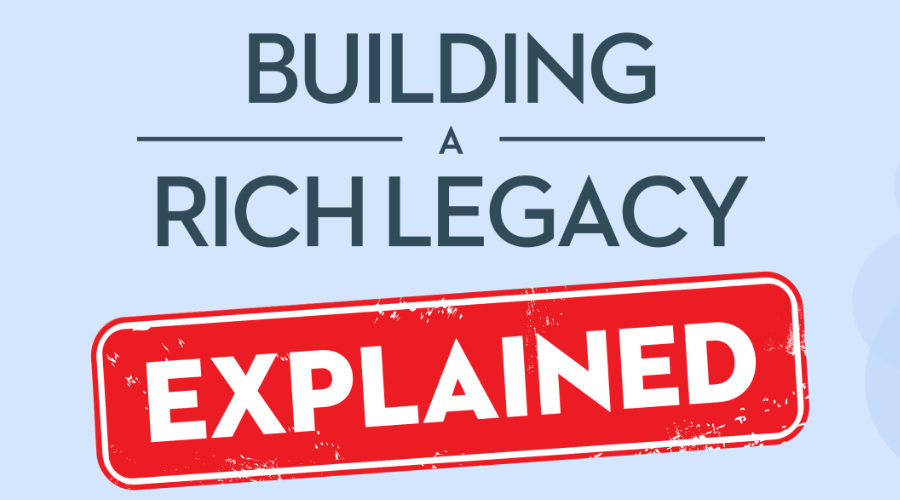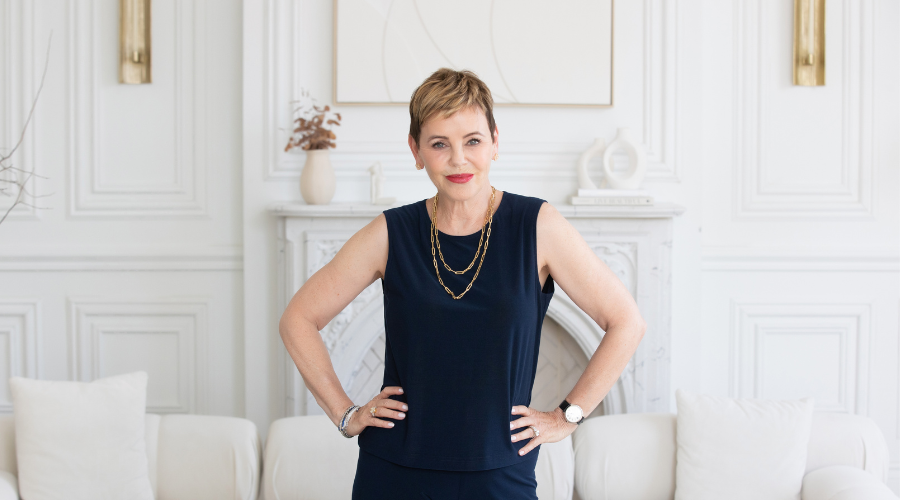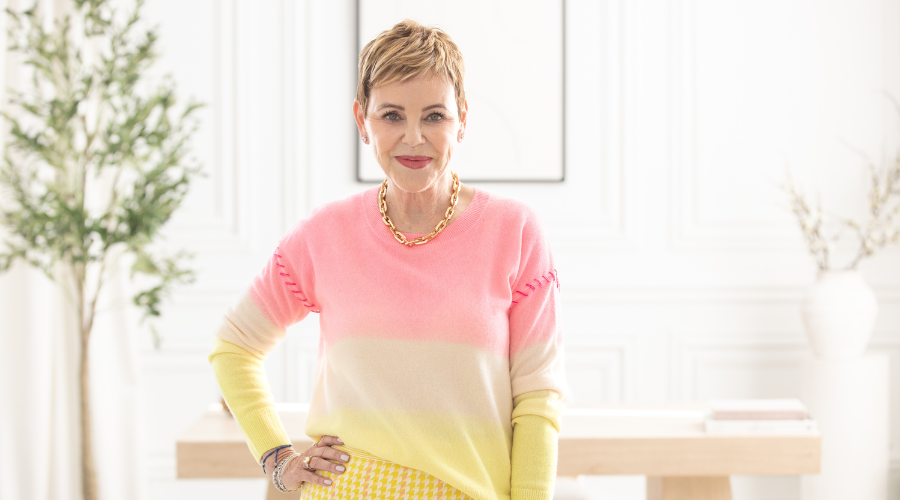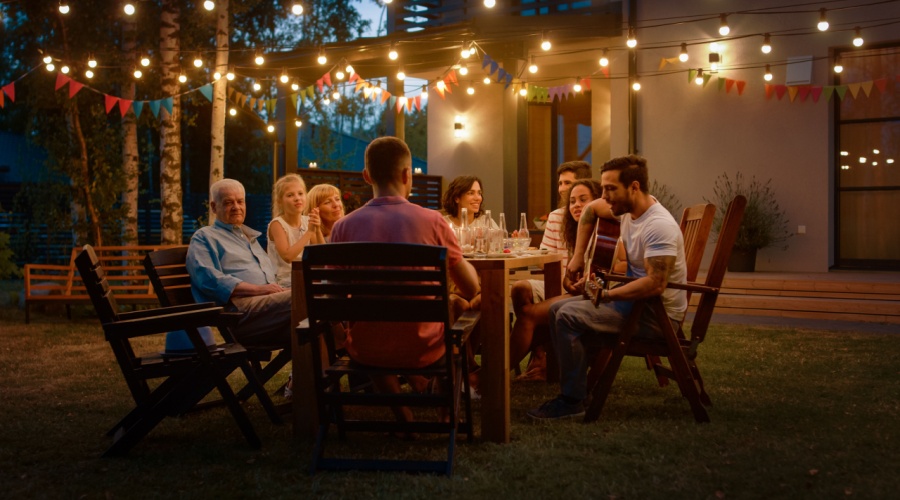By Joyce Wayne
It could be that making new friends as we age is as vital as it was in high school. Remember how friends were just about everything back then?
Retirees, too, have significant amounts of free time, as much or more than we had when we were adolescents. The only difference is that we’ve experienced about fifty years of daily life, the highs and lows. We’ve found out what we like about our families, friends, and activities and what we don’t.
Last night I was strangely reminded of this situation when, for the first time, I watched the 1955 film Rebel Without a Cause on the Turner Classics Movie Channel. The film was an enormous success and changed Hollywood’s vision of adolescence. Rebel Without a Cause is much better than I expected it to be.
Three high school kids, James Dean, Natalie Wood, and Sal Mineo, are the stars, and each is searching for meaning and belonging in their young lives. These teenagers need loads of company and attention, a peer group with friends to participate in activities, and parents who truly understand who they are. When they can’t find these things, they get into trouble—big trouble.
In real life, James Dean died at 24 in a car accident one month before Rebel Without a Cause was released; Sal Mineo was killed at 37 when he was attacked outside his apartment. Natalie Wood died at 43 on a boating trip with her husband, actor Richard Wagner.
Retirees who are bored or lonely can also find themselves in uncharted waters. Although retirement can release us from a long list of daily to-do’s, it also opens up great swaths of undefined time. Finding joy and satisfaction in retirement depends to a great extent on how we fill that time and with whom we fill it. Friends play a huge role in finding joy and satisfaction and keeping us out of trouble.
Reconnecting with Old Friends
This week, my bestie is coming to visit from the West Coast, and I’m thrilled. Since Covid, we haven’t seen each other, and although we keep in touch through email and telephone calls, it isn’t the same. Before social media, when we were teaching at the same college, we spoke nearly every day. Since we were single mothers, we had to lean on each other. When our kids misbehaved or were driving us up the wall, we’d complain to each other. There’s nothing like having a best friend to complain to. Since then we’ve both re-partnered, but I’ll always be grateful for our time together when our kids were young, and we were bending over backwards to keep a home and a job on an even keel.
David Brooks’ Insights on Creating a community
Now retired, I find myself enjoying new friendships in different ways, but just as important as they were when I was younger. In David Brooks’ latest book, How To Know a Person: The Art of Seeing Others Deeply and Being Deeply Seen, the New York Times columnist discusses how we can make the people we meet visible rather than invisible, unseen and misunderstood. Brooks suggests that to make new friends and make our free time meaningful, getting to know people is the ticket to success. To get to know a person, he answers questions about what kind of attention should we cast on them? What kind of conversations should we have? What parts of a person’s story should we pay attention to?
According to Brooks, “Being open-hearted is a prerequisite for being a full, kind, and wise human being….The real act of building a friendship or creating a community involves performing a series of small, concrete social actions well: disagreeing without poisoning the relationship; revealing vulnerability at the appropriate pace; being a good listener; knowing how to end a conversation gracefully; knowing how to ask for and offer forgiveness; knowing how to let someone down without breaking their heart; knowing how to sit with someone who is suffering; knowing how to host a gathering where everyone feels embraced; knowing how to see things from another point of view.”
This list is so important. It helps us navigate the path to knowing our friends profoundly and making and sustaining good friends. That means being able to see the strength and beauty in others. It means paying attention to others and not being so self-absorbed that we’re blinded to their qualities and needs.
Human Attributes in an AI World
As AI (artificial intelligence) assumes a more prominent role in our lives, we will increasingly need to cling to these very human attributes and not rely entirely on the digital world. Although I often depend on technological advances, they will never replace face-to-face time spent with good friends and the undivided attention we can offer those close to us.
The psychiatrist Ian McGilchrist writes, “Attention is a moral act; it creates, brings aspects of things into being. The quality of your life depends quite a bit on the quality of attention you project onto the world.”
In “Rebel Without a Cause,” the unhappy adolescents are neither really seen nor paid attention to by their parents. At the film’s heart, the misunderstood Jim, Judy and Plato are unrecognized by their parents and peers. They are searching for the kind of attention that appreciates them as they really are: vulnerable, frightened, and searching for community. I’m convinced that retirees can find themselves in the same situation. Ignored because of their age, or disability, or simply because they live alone, retirees can make the cause of good friends and good community their cause.
































